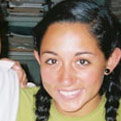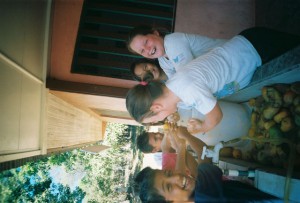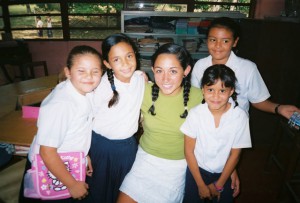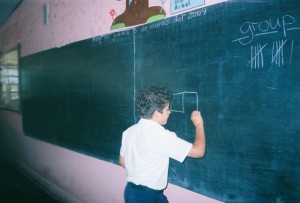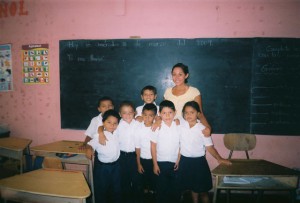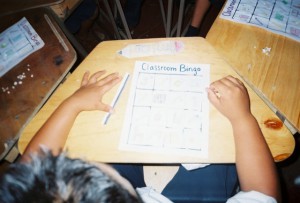They reserved a bed for me, paid for the night, gave me a phone card, money for transportation to Montezuma the following morning, and detailed directions for how to get to my project. They also arranged for a taxi to take me to the bus stop at 5am the following morning so that I could take the direct bus to my project. I was given cell phone numbers and telephone numbers of anybody I might have needed to contact on my way…
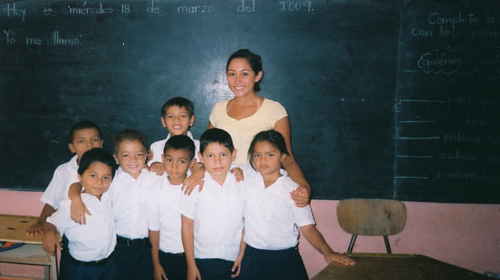
I was expecting a host family and it was more of a volunteer house. Also, the accommodations in Costa Rica are usually rustic at best and I’m not sure what I was expecting but I was very surprised when I arrived. However, I had my own room with a double bed and a lock on the door and Rosaura was very friendly once we got to know each other. I had my meals every day and once I got used to everything, I had a GREAT experience.
These programs are all about being flexible and making the most of what you are given and I definitely had a positive overall experience.
My program was at an Elementary school in Cabuya which had no English program so I had to develop my own curriculum for the first two weeks I was there. During the second week a representative from the local organization came to the school and had a meeting with me, giving me a curriculum developed by the project manager. It would have been nice to have the program from the start but that’s tico time 🙂 The curriculum is now at the school for use by volunteers in the future. The culture in the school was also very different from the environment in schools in the USA. The teachers do not have much authority and cannot be very strict, something that I struggled with in the first week I was teaching English. The volunteers need to try VERY hard to be patient and not yell at the students because they are not used to teachers yelling, especially volunteers whom they do not know very well, and do not respond the way students in the USA might respond. Instead, they become more difficult and lost trust in the volunteer. The director of the school, Isabela, is not an overly friendly person right off the bat and many volunteers took this negatively but once she got to know the volunteers she warmed up. She wasn’t outwardly friendly to me until my last day of my program! It was also very difficult to teach because the students had such varied knowledge of English. I found that groups worked the best for the students at Escuela Cabuya and it was very helpful to have two teachers in the classroom.
It was great living in Cabuya because after school I could either take the bus into Montezuma to go shopping or to the beach or I could stay in Cabuya and spend time with the students and their families.
This was a great way to see what life was like for Ticos and not just tourists. I was welcomed by the community as a volunteer and because I spent time with the students after school. Cabuya is a peaceful, beautiful town which was great to wander around (I was lucky to visit during the dry season!). It is only 2km from Cabo Blanco, the first national park that was founded in Costa Rica. There is an island that you can walk out to during low tide with a graveyard and great snorkeling. There are a lot of fishermen in town that I befriended and that took me out fishing!
